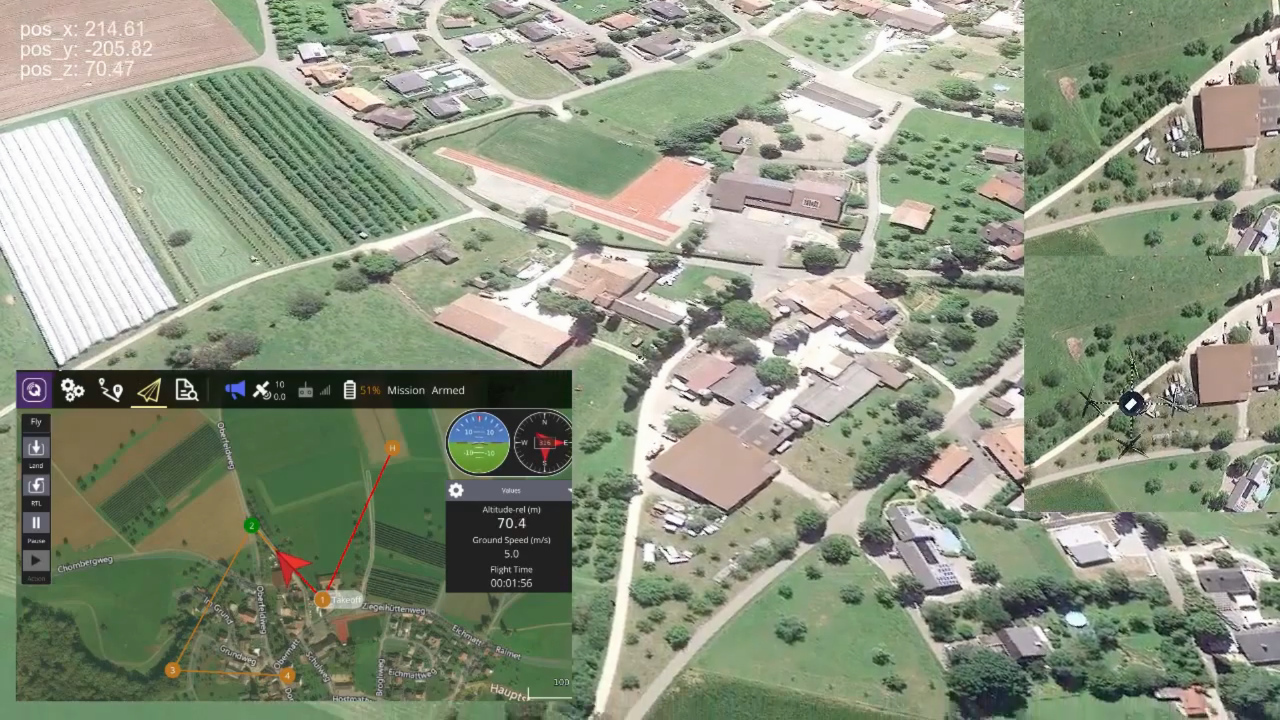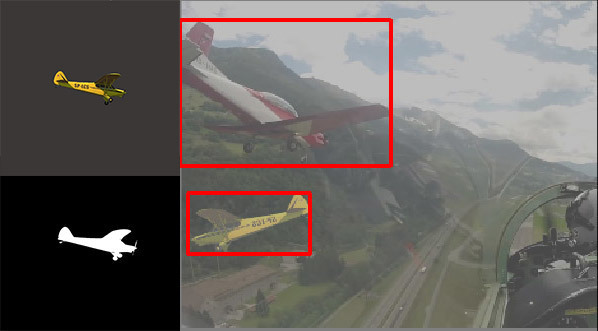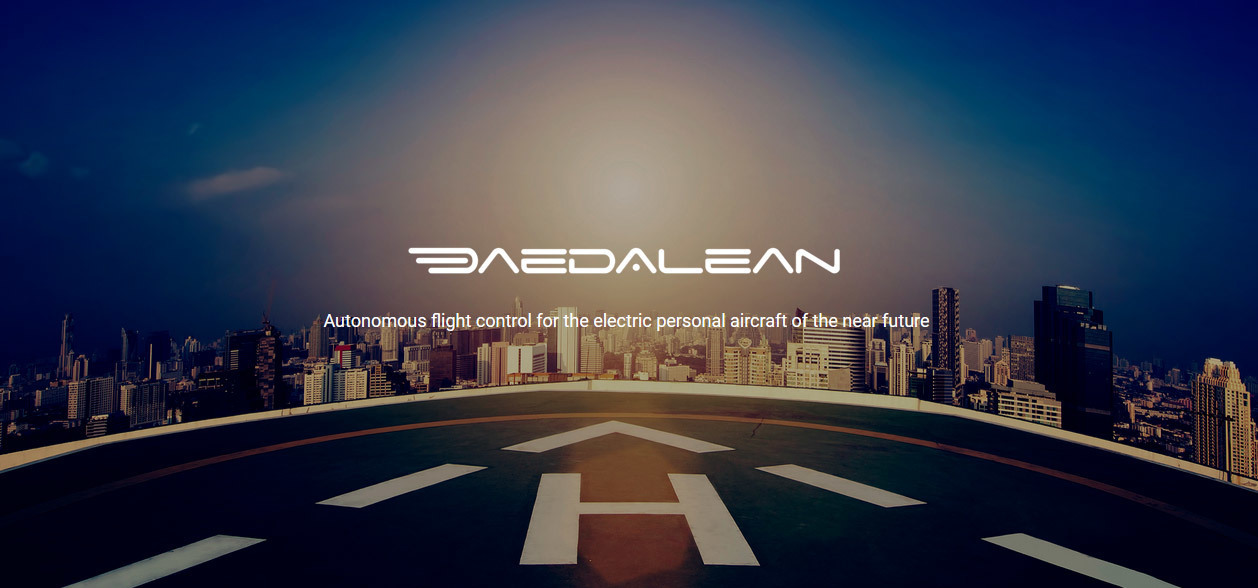Autonomous Flying Cars Will Be Trained in UNIGINE Virtual Worlds
According to general estimates, autonomous vehicles will become a part of our common landscape by the early 2020s. Big companies and start-ups are involved in the rapid race for flying cars to provide the best solutions.
But one of the main challenges for the autonomous vehicles to be released to the skies is that they must be safe. Searching for a way to ensure safety in various weather and emergency conditions, the founders of the Swiss company Daedalean decided to develop a universal software solution for an advanced autopilot to be used in eVTOLs. For their project, the Daedalean team chose UNIGINE 2 Sim to render test scenarios for computer vision and deep learning components.
“We develop visual systems that provide situational awareness and semantic understanding to safely guide any "flying car" from take-off to landing”, — shared Luuk van Dijk, Founder and CEO at Daedalean.
This software can be helpful in urban mobility, air taxi, and search and rescue operations. To develop the solution, the Daedalean team sought a 3D visualization platform to render test scenarios for computer vision and deep learning components.
Using virtual environment for computer vision training before trying a vehicle on real roads has a list of benefits. First, you can create various emergency scenarios without risk and high expenses. This way, you can even safely imitate situations of AI-Human interaction. Second, you can easily reconfigure virtual training environment as many times as you need without monetary and time costs for the real polygon construction. You can even test your aircraft at a very early stage of engineering, without a ready-to-go prototype.
With all these advantages, there are still some requirements for the virtual environment and the engine that it’s powered by.

Grigory Yakushev, Head of Simulation at Daedalean, shared which engine features were essential for the project and defined their choice:
“We started with another well-known engine, but it lacks double-float (64-bit) precision support. This is a deal breaker for us because we need to simulate long-distance flights. Therefore, we chose UNIGINE 2 Sim for our developments. In addition to that, UNIGINE has other advantages:
- UNIGINE aims to support the full round Earth—we can hardly wait when that happens.
- UNIGINE has photo-realistic rendering by default. This feature singles out the engine from its competitors.
- UNIGINE has a clean and simple architecture, which makes it easy to understand and adapt to our needs.
- UNIGINE has a qualified support team—they respond quickly, and most reported issues are acknowledged and being processed.”

“We are glad that companies choose our platform for their ambitious goals. UNIGINE 2 Sim is already used for computer vision learning and verification of AI algorithms by several of our customers. We implemented some technical features specifically for AI learning projects and continue to improve the technology”, — commented Denis Shergin, CEO at UNIGINE.

Now Daedalean proceeds with developing their solution. In 2018, the team made several notable tech achievements—they implemented high-precision vision-based navigation in GPS-denied situations. In addition, they developed a solution that enables UAV to choose a safe spot to land in real time and detect non-cooperative obstacles. The next features on the roadmap are wire detection and landing guidance.
About UNIGINE
UNIGINE is a leading software provider of interactive 3D visualization technologies, focused on the enterprise sector with more than 200 B2B customers worldwide. Its flagship UNIGINE 2 Sim product is used in professional simulation & training industry (maritime, ground, air, space, computer vision). UNIGINE technologies are also used in industrial digital twins, BIM, GIS and various VR projects.
About Daedalean
Daedalean is a Zürich-based startup developing a software for an advanced autopilot for eVTOLs that verifiably flies better than a human. The company was founded in 2016, but already has a pool of customers. The highly-qualified Daedalean team has proven and applied experience in robotics, computer vision, and deep learning.